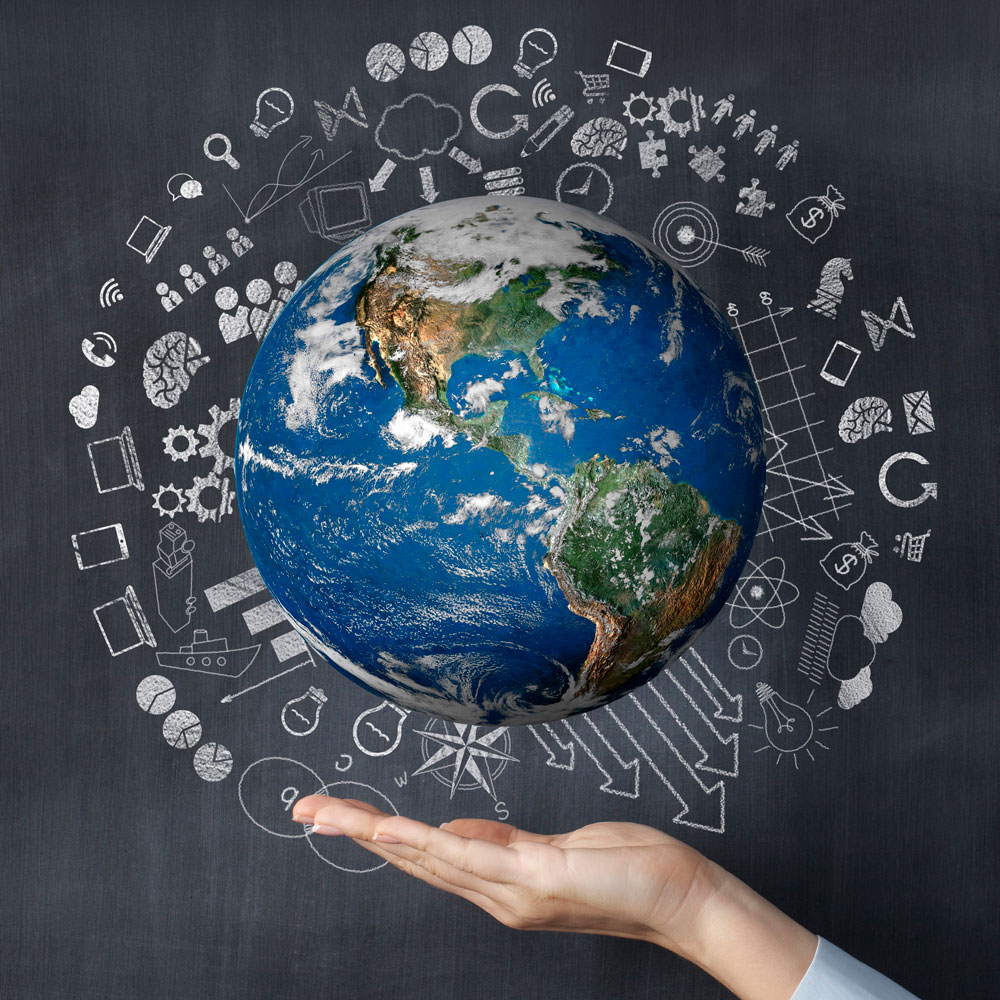Professors Annette Markham and Lisa Given are leading a project to facilitate global discussions to lead ethical decision-making for the next generation of new technologies. As Professor Markham notes, “Many different problems bring us to this threshold now, where we are recognising across sectors and around the world that this global issue of tech ethics and human rights is a planetary issue that requires a planetary response.”
From 2023, this multi-year project brings together thought leaders, technologists, and supporters from across the globe to build and disseminate a Declaration on Human Rights and Ethics for Society 5.0. When asked “Why Society 5.0 as a label, rather than Web3 or AI Ethics?” Professor Given explained, “Society 5.0 is a broad label for the near-future inseparable interconnection between humans and technologies in the era of artificial intelligence and machine learning.” Professor Markham added, “Our label deliberately combines Web3/3.0 and Society 5.0, as well as what follows after Industry 4.0, since there is still debate over what to call this new era.”
This project will coalesce what we know about ethics and technology, across sectors and regions. As Professor Given notes, “RMIT’s Enabling Impact Platform is ideally placed to lead this work, as this new technological era requires interdisciplinary research practices, community engagement, and impact strategies with community, businesses and governments, to have a positive influence on society.” Without a global effort toward consensus around at least the basic principles of technology best practices and governance, we will continue to face challenges brought about by data breaches, misinformation, rampant data surveillance, personal data risks, as well as risks that accompany ungoverned deployment of automation, augmentive, or immersive technologies without proper assessment. Positioning human needs at the forefront of these technologies is critical to ensure new innovations embed ethical principles and human rights at their core.





